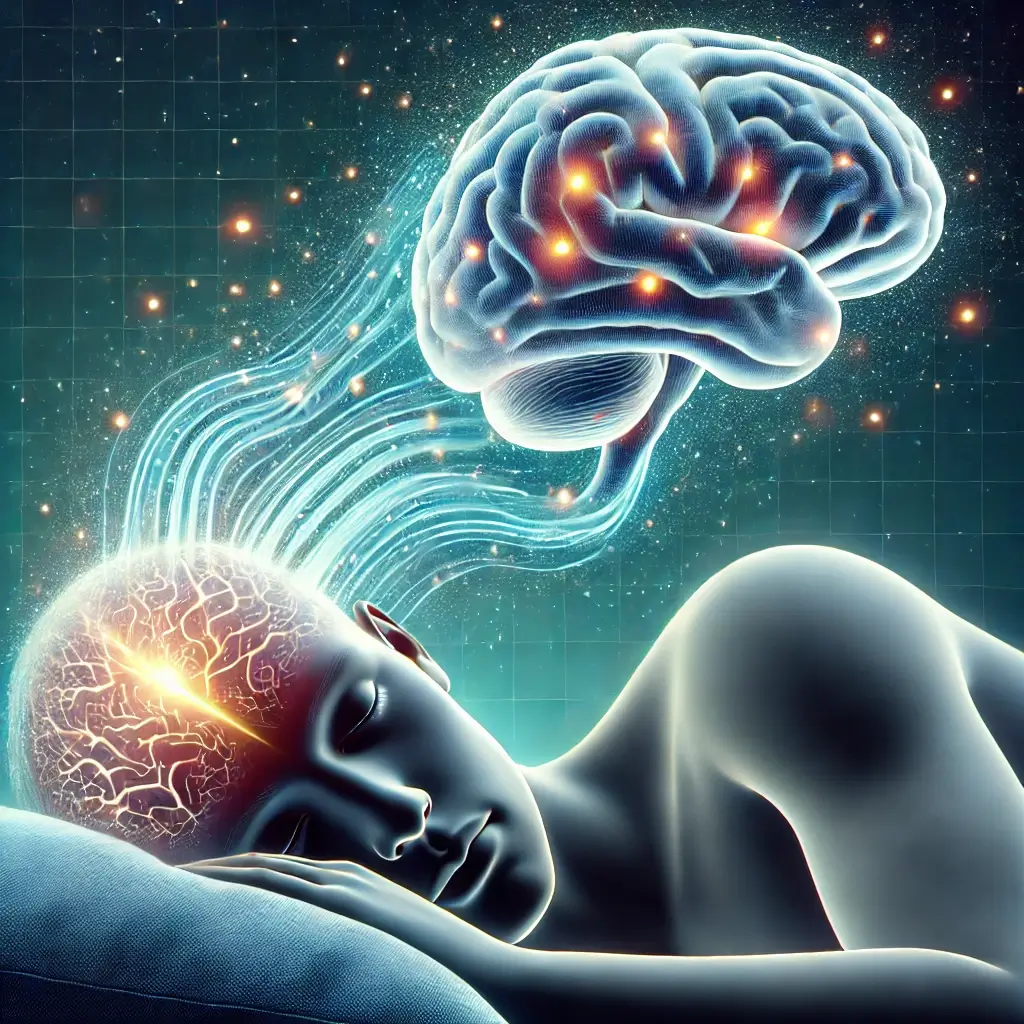Hormonal Disruption and Sleep Irregularities
Hormones play an important part in controlling sleep patterns. When these hormones are uneven or fluctuate, it can cause various sleep problems, including insomnia, difficulties falling asleep, and frequent awakenings.
Key Hormones Affecting Sleep
Melatonin, known as the “sleep hormone,” regulates the sleep-wake cycle.
Cortisol, sometimes known as the stress hormone, should be kept low at night to encourage sleep.
Estrogen and progesterone: These sex hormones affect sleep patterns, particularly in women.
Growth hormone: This hormone, released during deep sleep, is required for tissue repair and growth.
Common Hormone Factors Affecting Sleep:
Menstrual cycle and sleep disturbances.
The menstrual cycle is a complex physiological process characterized by changes in hormone levels, including estrogen and progesterone. These hormonal changes can greatly impact a woman’s general health, including her sleep habits.
Estrogen and progesterone levels can fluctuate dramatically during the premenstrual phase, which occurs in the days before menstruation begins.
This hormone imbalance can cause several physical and psychological problems, including sleep disruptions.
Decreased progesterone levels during the premenstrual period can cause trouble falling asleep, disturbed sleep, and increased waking throughout the night.
Furthermore, fluctuations in estrogen levels can affect sleep quality and duration, resulting in insomnia, excessive daytime drowsiness, and altered circadian rhythms.
Women should know the possible link between their menstrual cycle and sleep difficulties.
These sleep disruptions might aggravate other premenstrual symptoms, such as mood swings, irritability, and increased anxiety or stress. A lack of quality sleep can create a vicious cycle in which sleep troubles exacerbate the physical and emotional discomforts during the premenstrual period.
Women should know the possible link between their menstrual cycle and sleep difficulties. Understanding hormone variations and their impact on sleep allows women to experiment with different techniques to manage their sleep problems and improve their general well-being throughout the menstrual cycle.
Pregnancy: Hormonal changes might interfere with sleep habits, resulting in insomnia or excessive daytime sleepiness.
Menopause: Lower estrogen levels can cause hot flashes and night sweats, which disrupt sleep.
Thyroid problems: Overactive or underactive thyroid glands might impair sleep quality.
Shiftwork disrupts the body’s natural circadian cycle and hormone production.
Vicious Cycle
It’s crucial to remember that hormones and sleep frequently interact reciprocally. Disrupted sleep can also deleterious impact hormone levels, leading to a vicious cycle.













